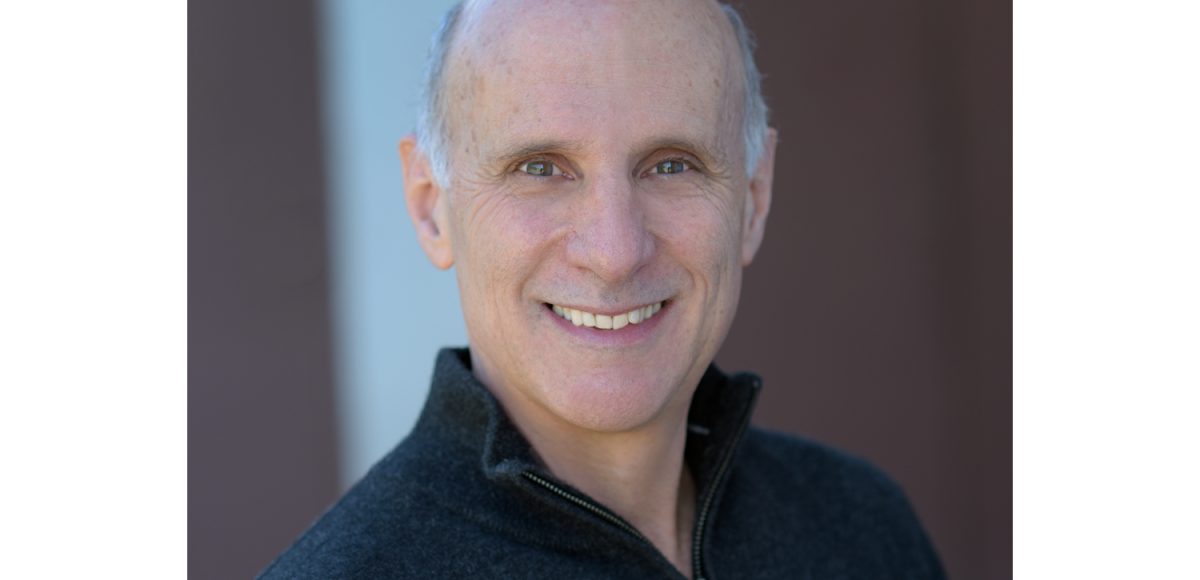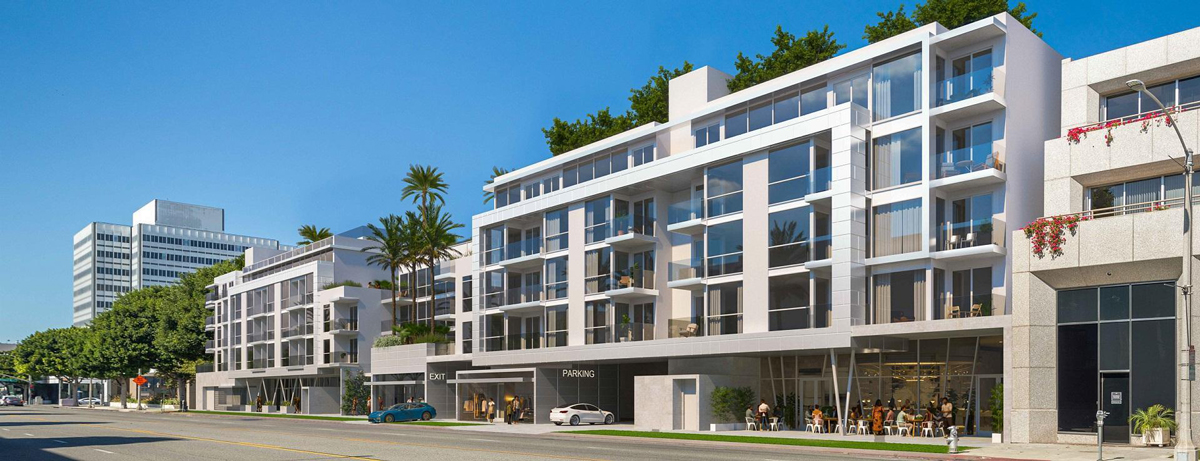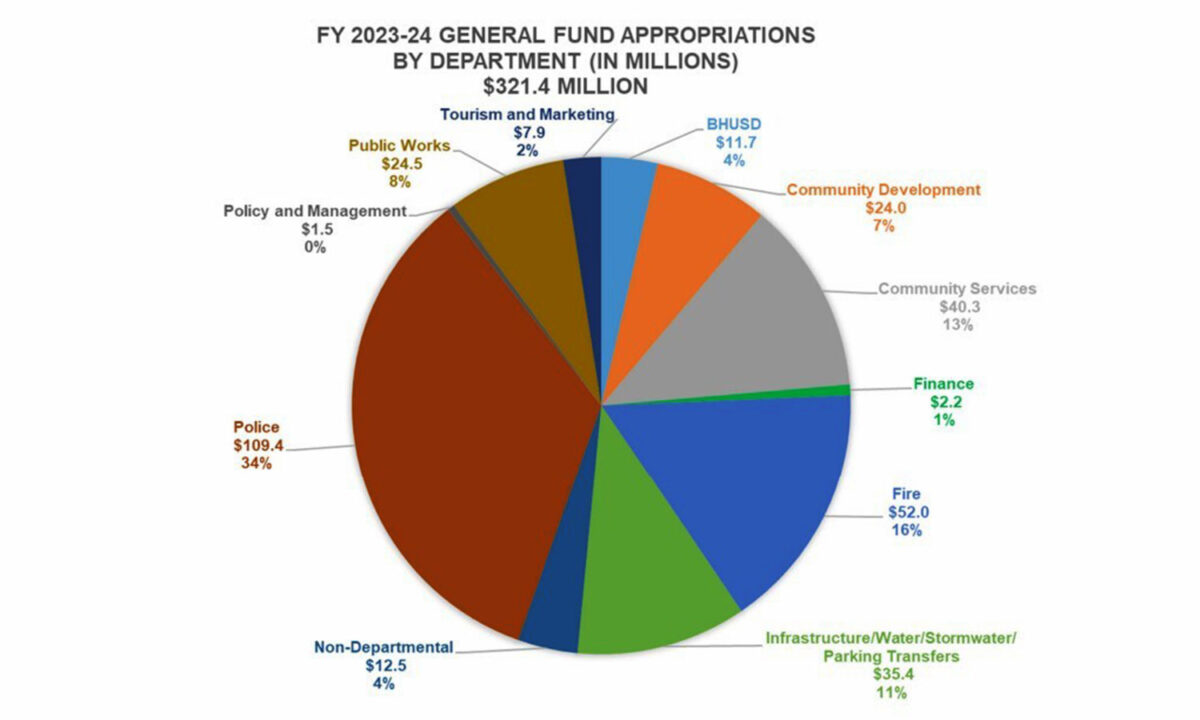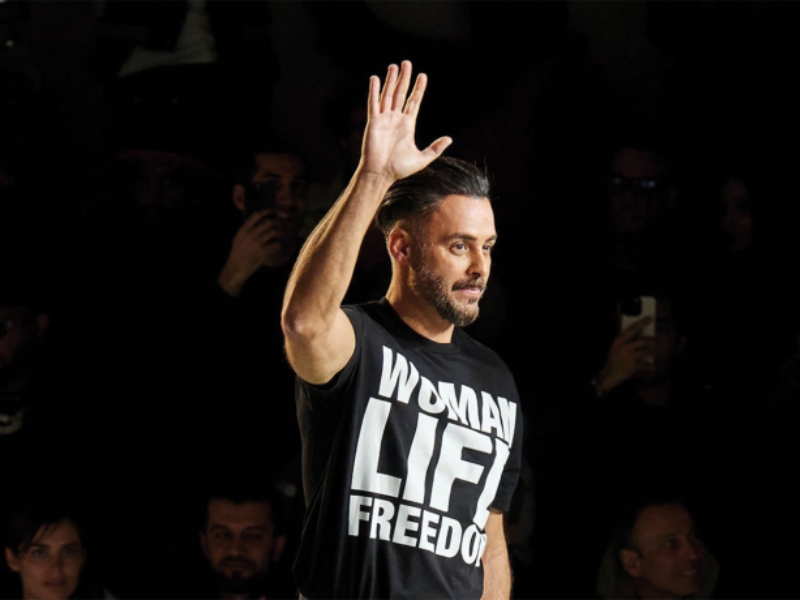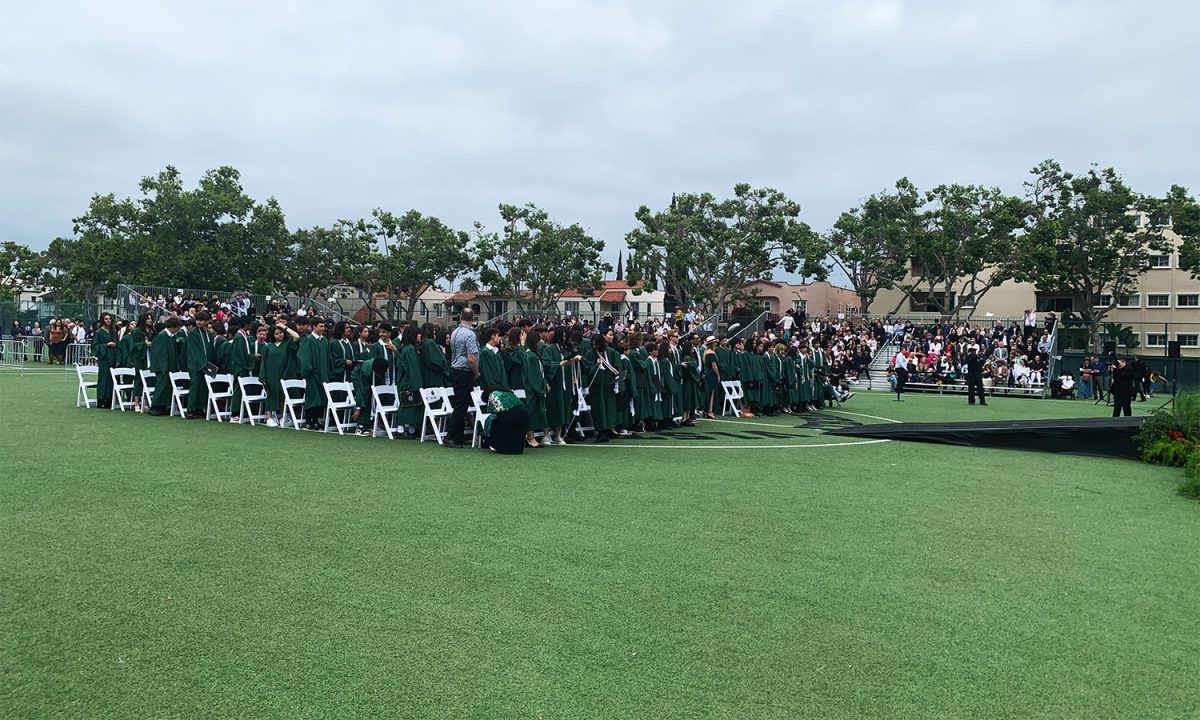The City of Beverly Hills has observed its annual changing of the guards, the yearly rotation of the mayor and vice mayor positions. This year, the role falls to first term council member Robert Wunderlich (pronounced Wonder-lick), who assumes the mantle of mayor for the first time in his tenure on the City Council.
Wunderlich traces a serpentine and unlikely path to the mayor’s chair. He grew up the son of an electrician in Queens, New York, before becoming an electrician himself. On a scholarship from the electrician’s union, Wunderlich went on to earn a Bachelors in Chemistry from Columbia University, followed up by a Masters in Physics and a Ph.D. in Chemical Physics from Harvard.
He spent the next 10 years as a scientist and chemical engineer before finding the work “increasingly specialized.” Following the example of his wife, Andrea Spatz, he earned an MBA with an emphasis in finance from UCLA and went on to found a financial consulting firm. His work as a public servant began when he served as the city’s representative of the Metropolitan Water District, the wholesaler for treated water in Southern California. Then in 2017, he ran for City Council and won, he jokes, “by the huge margin of 18 votes.”
Before the installation of Wunderlich as mayor, the Courier spoke with him about the challenges he inherits and his plans for the city’s future.
BHC: Can we expect you to provide any musical entertainment yourself at your installation ceremony?
Do you mean literally me singing?
BHC: Yes.
Wunderlich: Absolutely no. One of the last times I had to sing in public was for my junior high school graduation as part of a chorus. Part of the preparation for that, we had to go up individually before our music teacher, Mr. Benjamin, and sing the song which was, ‘Let There Be Peace On Earth,’ and give us advice on how to do it. Mr. Benjamin’s advice to me was, “Sing quietly.” I am forever damaged from that advice and I don’t think I’ve sung in public since then.
BHC: Beverly Hills mayors have traditionally used their platforms to develop personal projects. With Councilmember Julian Gold, he had the nurse practitioner program. Councilmember Lili Bosse had the Beverly Hills Open Later Days. I wondered if you had any particular plans for a capstone project.
Wunderlich: I would define it a little bit less in terms of a particular project as opposed to focus areas. I’ve thought of my term as mayor as being focused on three things. The beginning time period…is going to have to focus on continuing to emerge from the pandemic. There are the things that we can do for the health and safety of our residents, trying to do whatever we can to get the vaccines distributed as widely as we can in the city, continuing to make sure that people are adhering to the safeguards that they should be adhering to, because even though we’re emerging, there is the possibility of falling backwards.
There’s the continued impact on our businesses, especially our small businesses, and residents and renters. There are the budgetary issues. We certainly can hope our economy comes back, but we still will have to have a more careful eye as we go through our budgetary process, which we’ll be going through in the next couple of months or so. We always go through it carefully, but this time we’ll have to go through it especially carefully knowing that we won’t necessarily be able to afford to do all of the good things that we want to do.
The second part, which is really what my thrust would have been even absent the pandemic, is what I refer to as positioning Beverly Hills for the future. Something that so many people say about what they love about Beverly Hills is the sense of community, the feeling of being a village surrounded by a large city. And in order to preserve that for the future, we also have to adapt to how times change. I’m thinking about a variety of things when I say that. One is, for being a village, it’s important to have people who want to live here across generations. You have to have young families; young families, we can hope, will send their kids to the public schools. Having kids going to the public schools is so important for creating a sense of community, for a sense of village. You need the younger people in the city, also–the young people even before they might be married and have kids. We want our seniors to be able to age in place.
If you look around the world, people increasingly enjoy what in some contexts is referred to as a cafe style city, a city that is pedestrian friendly, that has outdoor dining, that has a relatively lively street life. By lively street life, I don’t mean that we’re going to become a place where we’re going to have loud, outdoor congregations on the street. We have attractive cities surrounding us: Santa Monica, Culver City, West Hollywood. And West Hollywood has an active bar scene and has a lot of loud street life. That’s what they want and we’re never going to be that. We shouldn’t try to be that. But I’m thinking more along the lines of some of the European cities where they have outdoor dining, where people stroll around at night, they use the inner core of the city similar to our Triangle. I’m thinking of cities like Prague and Paris. That’s a very nice environment for residents, for visitors, for the businesses. So that’s one aspect of it.
Another aspect of it is preserving our quiet neighborhoods. We want to have residential neighborhoods where people feel comfortable walking, walking their dogs, riding bikes. What’s more small village-y than when people feel comfortable letting their kids ride their bikes around town? And if you look at what is drawing many residents these days, something that’s very important in the real estate listings these days, in addition to the quality of the schools, is the walkability index. Higher walkability correlates with higher property values. And so, this notion of quiet streets is also important in attracting that cross generational mix that I think is important for making Beverly Hills sustainable in the future.
Another thing is supporting the small businesses that are distinctive for Beverly Hills. Beverly Hills really is a distinctive place, and we rely on that to attract visitors and residents. We’re not a place in which we want to be reliant on large chains, in which there’s 1000s of those locations and when you’re inside the store, it’s the same as if you’re inside the store any place. We really value our distinctive businesses. We have to create an atmosphere where those businesses want to locate here.
And then the last element that I’m going to make a focus…is that Metro is coming, and metro is coming by a particular date. It is going to be here. There is a lot we have to do to be ready for it. We are doing a lot, but I think it would be helpful to have all in one place all the things that we think we have to get done to be ready for Metro…I’m envisioning one page of our website that will say, here’s what we have to get done, here’s the date by which we want to get it done, and here’s our progress. I think that would be helpful as a planning tool for the city and also just to let the public know how we’re doing, where we are, and how we are making sure that we’re going to be ready.
BHC: Going back to points one and two of your three-pronged focus. What do you see as the biggest obstacle right now facing the city as it appears to be coming out of the worst of the pandemic?
Wunderlich: From a health perspective, I think the difficult obstacle will be for people to continue to behave responsibly, to not think that it’s all behind us and that we can immediately go back to our prior ways of operating. There is a lot of good news out there, but we still have to be careful. The other aspects that are difficult are the financial aspects. A lot of businesses have suffered. We have to do what we can to continue to help them. A longer-term aspect of this emergence is that the nature of business is going to change. It may not affect us this year, but as office space comes up for renewal, how much office space are people going to want?
BHC: Do you think the city may change how it operates as things return to normal?
Wunderlich: Even when we hold our city meetings at city hall, I want to ensure that there also is the possibility–some people call it a hybrid model–for the public to interact via Zoom or GoToMeeting, because I think that actually promotes more openness. There are some people who don’t have the time to come and sit in the meeting at City Hall, and they can come virtually and watch or contribute their comments.
BHC: Number two of your three-pronged focus is positioning Beverly Hills for the future. What are the obstacles that Beverly Hills faces to becoming more multi-generational? Beverly Hills has high property values and, accordingly, high rents. That might be an impediment to younger families or younger adults. I wonder what you’re focusing is in achieving that objective.
Wunderlich: Certainly, high property values are impediment to people buying here, and in particular to younger people buying here. But high property values are also a strength of the city. We don’t want to do anything to harm the property values [laughs]. More than 50 percent of our residents are renters, and even though our rents are not cheap, there’s less of a differential in the rents in Beverly Hills relative to other places compared to property value. We want to create a situation in which those people who can’t afford to buy here are able to rent here and can send their kids to our excellent public schools. My wife is a financial planner and among the things she tells her clients all the time is, if you’re moving to a place where you don’t want to send your kids to a public school, you’re talking about $50,000 a year per kid to send the kid to private school. Think about that in your cost of living also. And so that does mitigate the high property values and high rents.
BHC: Do you worry that any of the changes you’re advocating for will be met with resistance?
Wunderlich: People often don’t know what they like until they get a chance to experience it. Going back pre-pandemic, maybe 10 years ago, maybe even 20 years ago, it was hard to get any outdoor dining at all in Beverly Hills. There was a time period in which people were just against the outdoor dining that we had pre-pandemic. Then we had some and people started to like it. If you look at how much the Open BH program–the outdoor dining to mitigate the pandemic–has grown, it started off slowly. Seeing that it can be successful, other restaurants started to implement their own view of Open BH and to take advantage of the program. And so, one of the challenges is to get people to experience something and see whether or not they like it. Pilot programs can be useful for getting that to happen.
BHC: The city’s first independent auditor recently stepped down from the position. Does the city have plans to bring on someone new?
Wunderlich: It is the plan for us to very quickly have the discussion about what we’re going to do with the office. My view is I think the office is valuable and so I certainly want us to continue to have the office. We do not have any plans of getting rid of the office. I haven’t spoken to my fellow City Council members about this, but what I imagine the discussion might be about is, do we like how it’s been going, do we want to restructure it, do we want to keep it the same. Those sorts of discussions give us an opportunity to evaluate how it was doing and whether or not we want to make any changes, but that’s going to be a very near-term agenda item when I become mayor.
BHC: On that same subject of staffing, what is the current status of the search for a new police chief? There were limitations on the number of hours that Interim Police Chief Dominick Rivetti could work, and has he reached that limit?
Wunderlich: I couldn’t tell you the exact time period for which the chief will continue to work, but I’m aware that because of pension issues, there is a limit to the amount of time that he can serve in his capacity. We haven’t reached the end of it yet, but there is a date. I couldn’t tell you what the date is. As far as the search, it hasn’t yet reached the level where the field has been narrowed down enough that the City Council has been asked to weigh in on the candidates.
BHC: Is there anything that I’m forgetting to ask you or anything that you think is important to communicate or tell Beverly Hills?
Wunderlich: Just one other thing, which is that even though I’ve been on City Council for four years now, I haven’t lost the feeling of it being somewhat surreal that I’m becoming mayor of Beverly Hills. Because one, it’s a tremendous honor. But Beverly Hills is known around the world, the best-known small city in the world. One of the great things about Facebook is that you manage to connect with people from different parts of your life. And so there still is a cohort of people that I grew up with in Laurelton [Queens] who I’m Facebook friends with. And you can see it in their remarks and their comments. I was known as Bobby at the time. ‘Little Bobby Wonderlich is becoming mayor of Beverly Hills.’
BHC: That’s wonderful. It sounds like it’s an honor.
Wunderlich: Definitely an honor. What we do really does make a difference, perhaps even more than things on a national level because we do stuff that affects people’s day to day life. So, people really are putting trust [and] faith when they give you responsibilities to make decisions and when people voted for me in the general election, and when I work with the support of my fellow City Council members, they really are putting trust in you. I can’t take that lightly.



